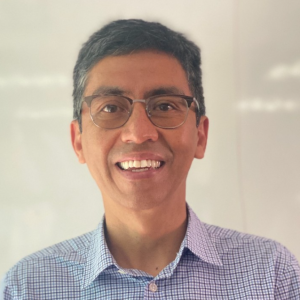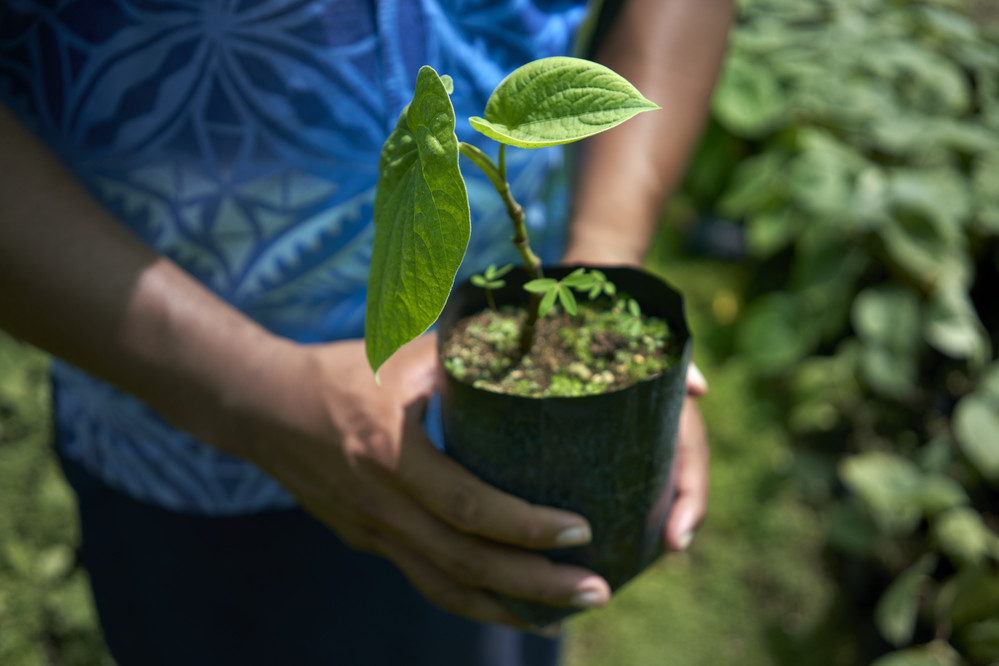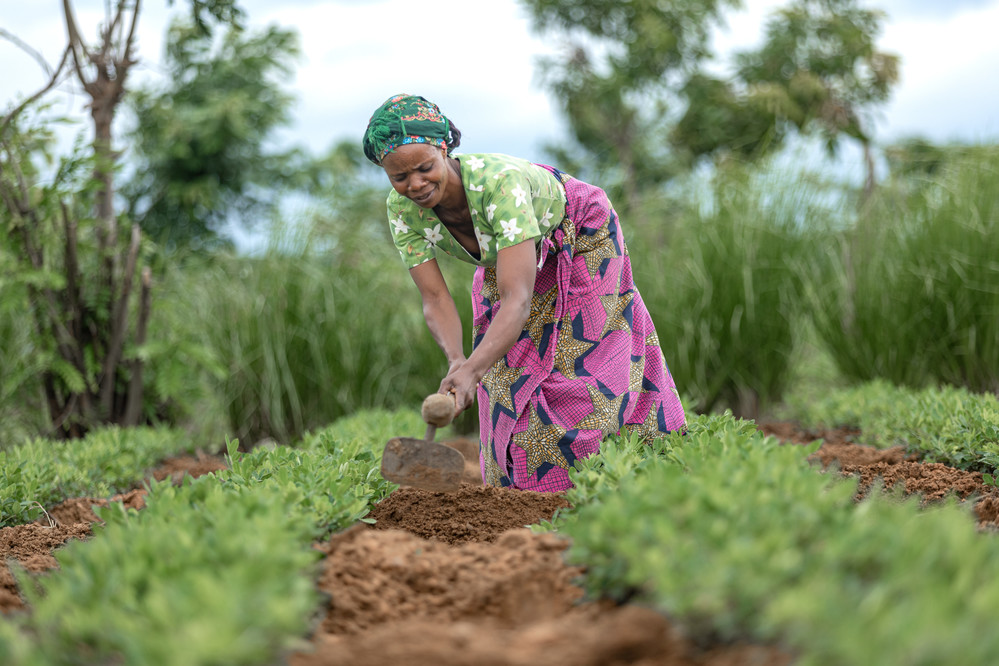In this edition of our member spotlight series, Franz Gómez-Soto, Senior Vice President of Financial Inclusion at Fundación Capital, tells SAFIN about how the social enterprise has worked with other SAFIN members to foster financial inclusion for marginalized communities and SMEs.
____

Franz Gómez-Soto of Fundación Capital
Please tell us about Fundación Capital and how it supports agricultural SMEs.
Fundación Capital contributes to improving the economic and financial livelihoods of poor and vulnerable people. We work on three main areas: financial, digital and productive inclusion. We have worked in more than 20 countries reaching around seven million people in Latin America and the Caribbean, Africa, and Asia.
Fundación Capital aims to build better solutions to overcome the barriers that small and medium enterprises (SMEs) face in accessing and using financial services. We use a systems change approach to understand the root causes of problems and partner with other organizations to solve the identified challenges collaboratively. We work closely with financial institutions, national development banks, regulators, and groups that are often excluded or underserved by financial systems such as SMEs, migrants, poor rural women, indigenous groups and youth. For instance, we worked in partnership with the Mastercard Center for Inclusive Growth and the coffee production ecosystem in Mexico to enable small farmers receive payments through digital platforms. We are also working with the Swiss Cooperation, to support almost 20 SMEs active in four value chains in Colombia (coffee, cacao, eco-tourism, and natural ingredients) in taking a central role to improve financial inclusion for small producers.
Please tell us about your role at Fundación Capital and your career journey before it.
I supervise financial inclusion projects at Fundación Capital. My work includes developing financial products to meet the specific needs of the poor and vulnerable, implementing financial education programs, measuring the financial health of our participants, and building agent networks. I also oversee our research, monitoring and evaluation activities, and run our knowledge management program. Before joining Fundación Capital, I worked as a supervisor of credit unions and microfinance institutions at the Superintendency of Banks in Bolivia, as a professor at the Ohio State University, and as a consultant at the U.S. Agency for International Development (USAID) focused on microfinance in Colombia.
SAFIN is a great platform to exchange knowledge and identify potential allies for new endeavours in the agri-finance space.
The SAFIN regional working group for Latin America and the Caribbean identified green finance as a key area for collaboration amongst institutions that focus on agri-finance. Where do you see the biggest opportunities to scale green finance in the region?
According to some scientists, it is almost unavoidable that the global temperature will increase over 1.5ºC compared to pre-industrial levels. This presents a huge challenge for humanity, as millions of people could be severely affected by catastrophic events. Behind this challenge, there is a great opportunity to direct inclusive green finance and investments towards small-scale farmers and SMEs, enabling them to better adapt to variable climate conditions and become more resilient. The new regional working group is a great place for SAFIN members to test out various approaches to scaling inclusive green finance in the LAC region. The COVID-19 pandemic taught us all a lesson on rapid learning and adaptation. This working group is a space for us to experiment further with that in the face of an imminent climate crisis.
You recently completed a year-long collaboration with the Inter-American Development Bank (IABD) focused on financial inclusion for indigenous communities in the Amazon. Can you please share some key findings from this work?
From this research, we learnt that indigenous communities face similar barriers as other groups that are excluded from financial systems, but often face more difficult to overcome them. Indigenous people have the added burden of geographical distance, cultural distance (language and discrimination) and conventional lending methodologies that involve collateral and extensive documentation. Put together, these factors contribute to higher than average levels of financial exclusion.
We also found that there is an effective demand for financial services among indigenous people, as we encountered several that are already benefitting from them. Some financial institutions have taken steps to better understand the reality of indigenous communities so they can develop tailored financial services for them. Unless financial institutions and indigenous groups begin to understand each other better, the financial exclusion trap will persist.
Fundación Capital has been a member of SAFIN since 2018 and you previously served on our Steering Committee. What benefits does SAFIN bring to your organization? How can our members further support your work and that of each other to increase sustainable finance for agricultural SMEs?
We worked closely with SAFIN members, ITC and Junta Empresarial Agrodominicana, to develop an Investment Prospectus for the Coconut Value Chain in the Dominican Republic back in 2019. Thanks to SAFIN, we have also conducted research on good practices for agricultural micro-insurance in LAC. Recently, we engaged with the Government of Italy and various stakeholders on the state of green finance in the region and participated in the World Congress on Rural and Agricultural Finance in New Delhi and Mexico City. SAFIN is a great platform to exchange knowledge and identify potential allies for new endeavours in the agri-finance space.

